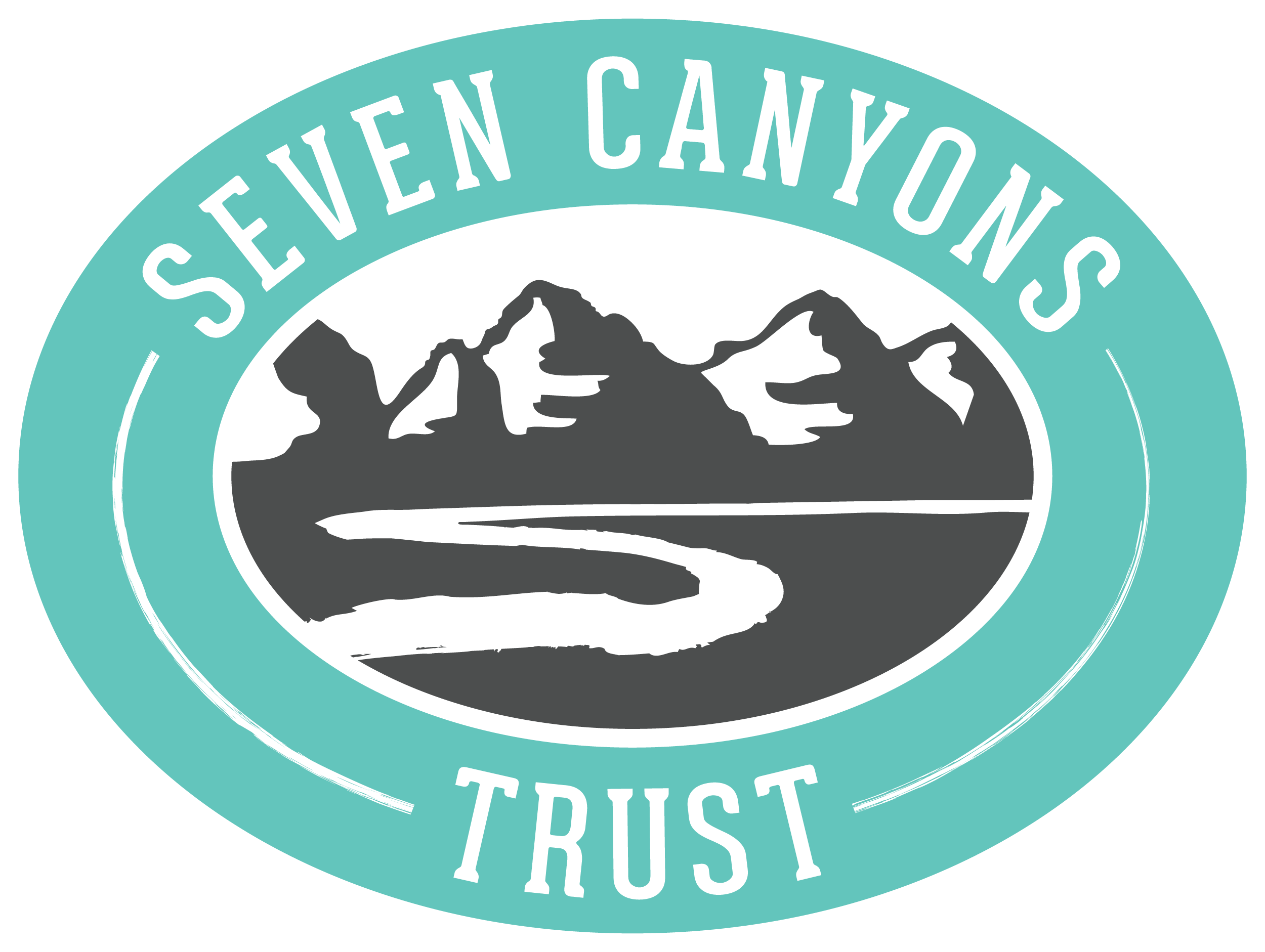#BlackLivesMatter
Authored by Brian Tonetti
We are committed to listening, learning, and actively fighting racism. We stand in solidarity with peaceful protests in Salt Lake City with our Black partners and peers. It is time to elevate Black voices, support communities of color, and fight all forms of injustice.
We were created to uncover and restore our creeks through the lens of environmental justice. Our creeks slip underground as they flow west, passing unseen through our diverse west-side communities. Loss of green space and water quality impairments, due to creek burial and channelization, have left many Black residents and people of color on the west-side without access to nature or connectivity via riparian corridors and pathways. A very real barrier continues to divide our east and west-side communities. In the words of Ann Riley, “Stream restoration is neighborhood restoration.”
Environmental justice is inextricably linked with social justice. We were deeply saddened by the murder of George Floyd. And, the truth is, this attack is commonplace, and often without punishment. We can do more to fight these injustices.
That’s why we are committed to listening, learning, and actively fighting racism. We stand in solidarity with peaceful protests in Salt Lake City and around the country with our Black partners and peers. It is not a time to suppress voices. Rather, it is a time to elevate Black voices, to support our communities of color, and to fight all forms of injustice.
Donate to organizations working on police and criminal justice reform, and towards socially and environmentally just communities.
And with that, we are listening, and learning, and plotting, and mobilizing.
Intersectional Environmentalism Resources
IntersectionalEnvironmentalist.com - A platform for resources, information, and action steps to support intersectional environmentalism and dismantle systems of oppression in the environmental movement.
Thomas, Intersectional Environmentalism: Why Environmental Justice Is Essential For A Sustainable Future (2019).
Crenshaw, The urgency of intersectionality (2016).
Mock, How Environmental Injustice Connects to Police Violence (2016).
Thomas, Why Every Environmentalist Should Be Anti-Racist (2020).
Hopkins, Racism is Killing the Planet (2020).




